
Here are today’s most important updates from the realm of Science and Space.
Gaganyaan Gears Up: Key Tests Successfully Completed!
The Defence Research and Development Organisation (DRDO), in collaboration with the Vikram Sarabhai Space Centre (VSSC), successfully conducted tests on drogue parachutes that will be crucial for decelerating the Gaganyaan crew module during its descent from space. The drogue parachutes are designed to stabilise the crew module and reduce its velocity to a safe level during re-entry. Additionally, the Indian Space Research Organisation (ISRO) has completed the testing of the European Space Agency's network system, which will be used to communicate with the Gaganyaan Crew Module in space. Gaganyaan is smoothly progressing for maiden uncrewed launch likely this year.
Cosmic Shockwave! Scientists Stumble Upon the Most Powerful Explosion Yet

Astronomers have found a mysterious new cosmic explosion that has never been observed before. According to the scientists, the burst EP240408a was detected for the first time by the Einstein Probe, an X-ray space telescope, on April 8, 2024. Early in the observations, scientists believed it was a typical gamma-ray burst, but this explosion does not fit into any known cosmic explosion. According to a leading theory. EP240408a may be the product of a white dwarf being torn apart by a medium-sized black hole. This destruction has created a powerful jet of material directly aimed at Earth, allowing for a view that is otherwise impossible - the violent end of a star. It is stretching the boundaries of our knowledge in high-energy astrophysics.
Brainpower Unlocked: Scientists Reveal the Secret Behind Decision-Making

Scientists have now revealed the mechanism in the brain that takes you to that final decision. A study by neuroscientists from Princeton University shed light on how the brain processes different cues, such as sights and sounds, during decision-making. The prefrontal cortex is the region in the brain responsible for decision-making. This region is located just behind the eyes and is lauded as the epicentre of higher cognition. The findings could help in improving how brain circuits go uneven in neurological disorders such as Alzheimer’s, and could help artificial systems, like Alexa or self-driving car technology, be more helpful.
A New Earth? Scientists Spot Potentially Habitable Super-Earth

An international team of researchers have discovered a super-Earth named HD 20794 d. This exoplanet orbits a G-type star similar to the Sun, located ~ 19.7 light-years from Earth. Notably, HD 20794 d follows an eccentric orbit that causes it to move in and out of its star's habitable zone, the region where conditions may be suitable for liquid water to exist. This proximity and the star's luminosity make HD 20794 d an ideal candidate for future telescopic studies aimed at directly observing exoplanetary atmospheres. The discovery, is the result of two decades of observations using some of the world's best telescopes.

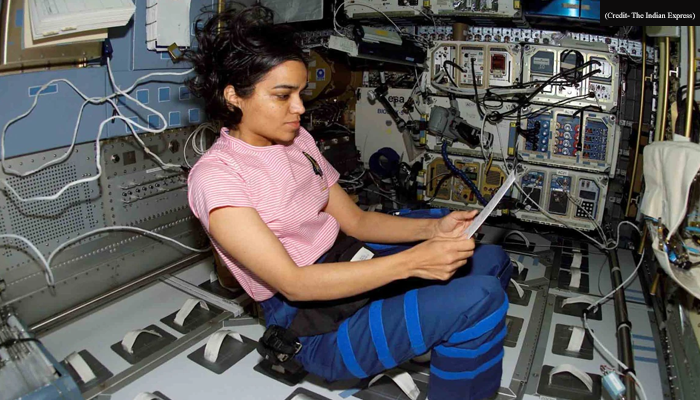
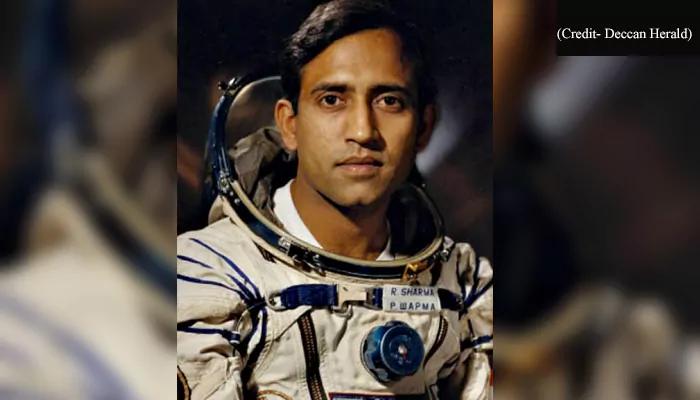
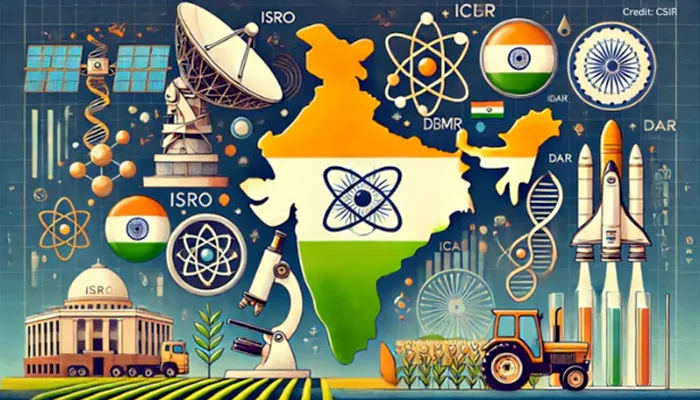

.webp)
.WEBP)
.WEBP)
.webp)
.webp)
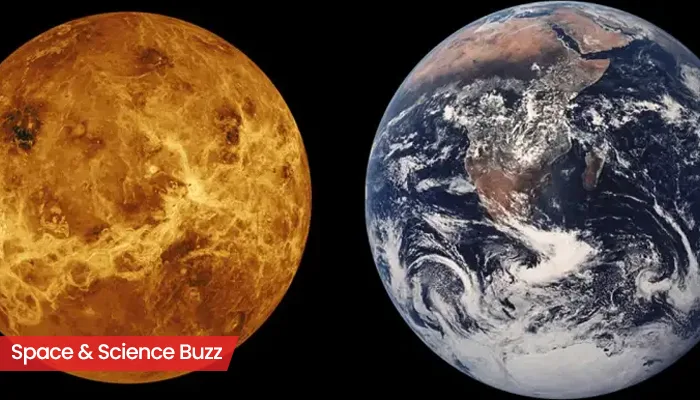
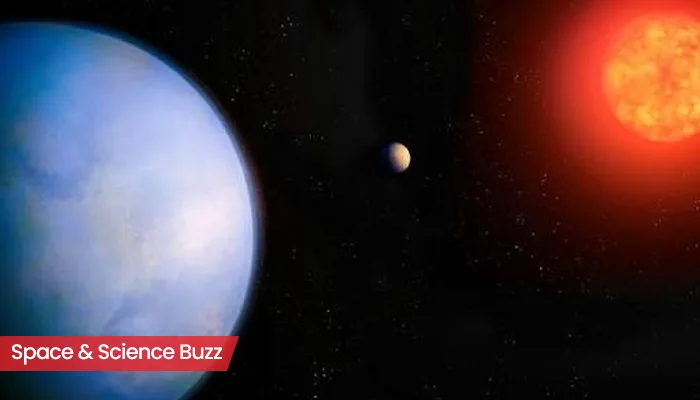
.webp)